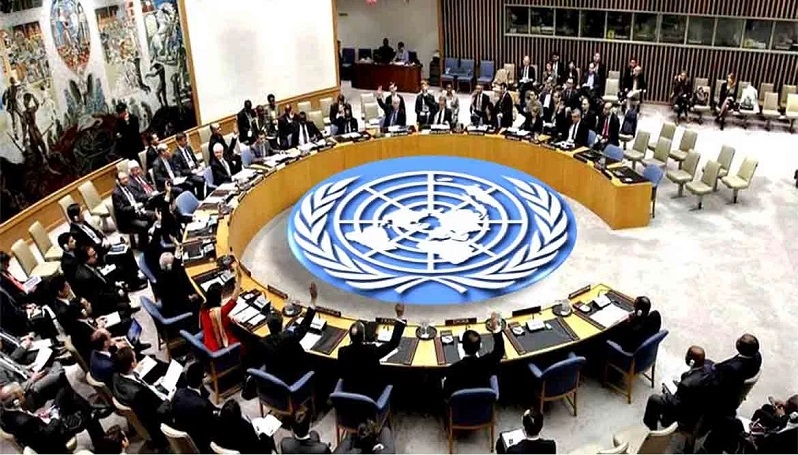SANE APPEAL
| Date :19-Feb-2021 |

INDIA’S appeal to the nations of the world from the high perch of the United Nations Security Council (UNSC) to show “vaccine nationalism” and start practising internationalism as a core principle to bring a greater strength to the global fight against the Coronavirus pandemic, makes tremendous sense in the current conditions. Minister of External Affairs Dr. S. Jaishankar made it clear in his address to the UNSC that narrow-minded practices would only defeat the global efforts to attain collective health security.
This appeal is wonderfully in tune with the stature India has attained over time as an accommodative member of the international community. Dr. Jaishankar said in clear terms that countries should not hoard superfluous doses of the vaccine and share those with other countries. This advice has its own value against the background of the fact that India is supplying anti-Coronavirus vaccine to several countries and has come to be regarded as the world’s pharmacy. The effort is to ensure that the global pandemic is pushed back and the people across countries enjoy better health security. That would be more easily possible only when all the countries conduct themselves responsibly and start sharing superfluous stocks of the vaccine they happen to pile up. In order to add further to its global contribution, India has also agreed to supply 200,000 doses of the vaccine for the United Nations Peacekeeping personnel.
This, too, should be considered as a new benchmark. Over time, India has been appealing to the world’s good sense on issues of common interests. It has also been campaigning for appropriate reforms at the United Nations so as to make the world body more accommodative of the needs of the developing world. At all global forums, India has taken a common stance -- promote multilateralism and work for common good rather than pursue narrow political ideas. At the Paris Climate Meet, and at forums such a G-20 or G-8, India getting recognised for its consistency of position on multinationalism. Dr. S. Jaishankar’s appeal to shun vaccine nationalism and push for internationalism comes from the same and consistent line of thought. There is a need to recognise here the difference between India’s current positioning and its past record at forums such as the United Nations.
As the United Nations Organisation was formed, the Indian leadership then realised its importance and started talking of peace as the global way to a better world and a just international order. In those times, India did not have much impact on international happenings for obvious reasons -- its weak economy and its weak military prowess. The world did not insult Indian leadership since it was talking sense, but it did not also show much respect for India’s point of view. On a few occasions, the wrong ideas of Indian leadership then also led to an unfortunate marginalisation of the country in international realpolitik, such as insistence on giving entry to the People’s Republic of China to the United Nations’ higher chambers. However, things are different now. India joins the international community from a position of enhanced economic and military capabilities.
On the diplomatic front, too, the apologetic element in India’s behaviour has been thrown out of the window. Now, India is more assertive in every which the way, and more sure of what it wants to achieve through its actions. Though it does not spread its resources too thin, India is surely interested in having its definitive footprint on global affairs and issues. And in pursuance of that goal, India has been using all its tools -- including the Indian diaspora and cultural richness -- effectively to assert the New India that is sure of what it wishes to achieve. All this gets reflected well in Dr. S. Jaishankar’s virtual address at the UNSC. The sense of confidence, the sense of a larger responsibility, as well as the sense of India’s own pronounced presence in global affairs, shows in the address. This is certainly not just a poetic expression of the past, but a practical application of all the tools including hard numbers and hard choices.